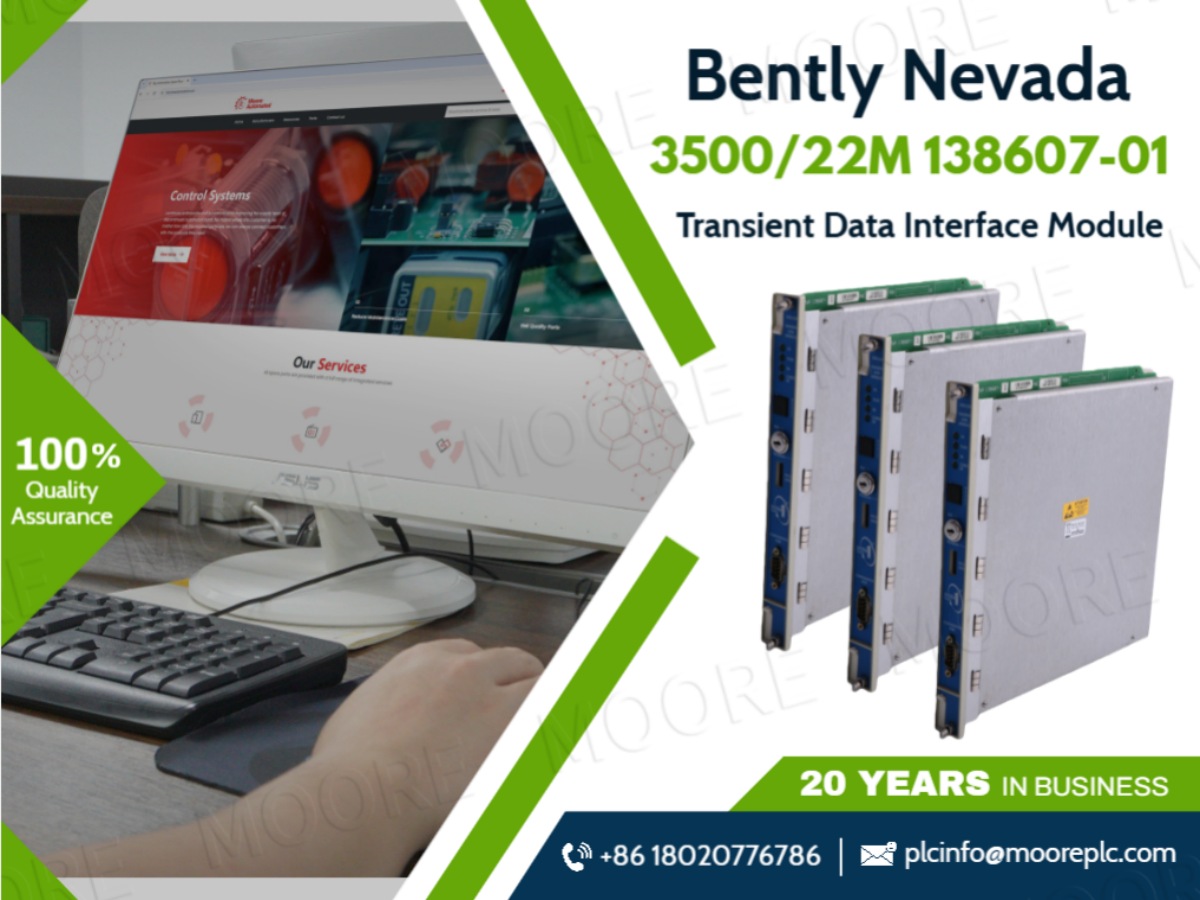
Search
 HONEYWELL TDC3000 system
HONEYWELL TDC3000 system
 Deploys Woodward easYgen-3000
Deploys Woodward easYgen-3000
 HITACHI: A Big Helper in Making Smart Factories
HITACHI: A Big Helper in Making Smart Factories
 Woodward promotes new generation fuel control technology, promotes green energy exhibition
Woodward promotes new generation fuel control technology, promotes green energy exhibition
A total of 1 pages
 02/02
02/022026
 28/01
28/012026
 20/01
20/012026
 13/01
13/012026
 04/02
04/022026
 30/01
30/012026
 22/01
22/012026
 15/01
15/012026

32D floor, Guomao building, Hubin South Road, Siming District, Xiamen City, Fujian Province, China.


 IPv6 network supported
IPv6 network supported
Our hours
